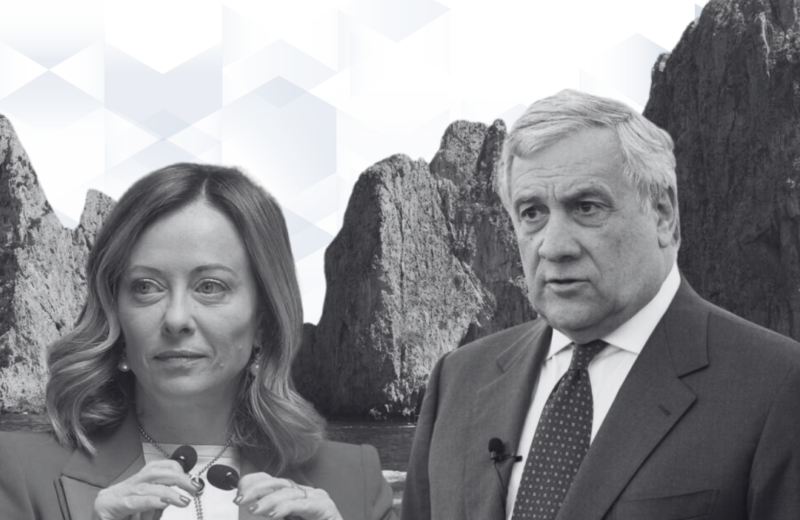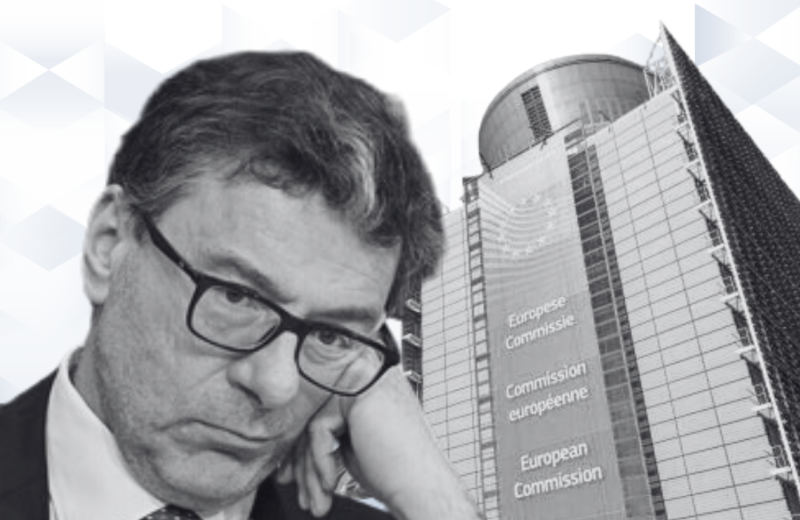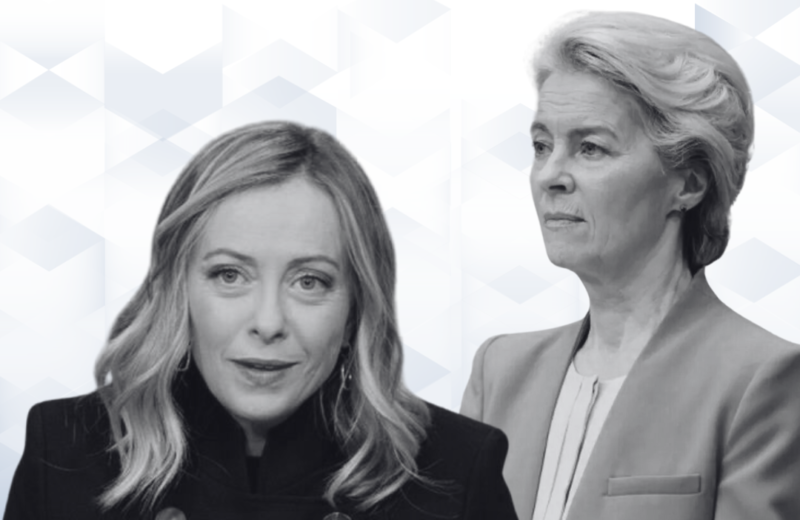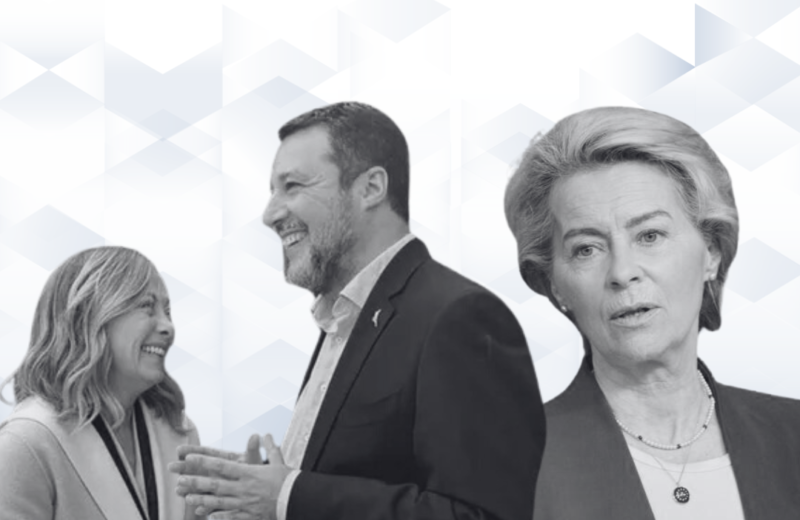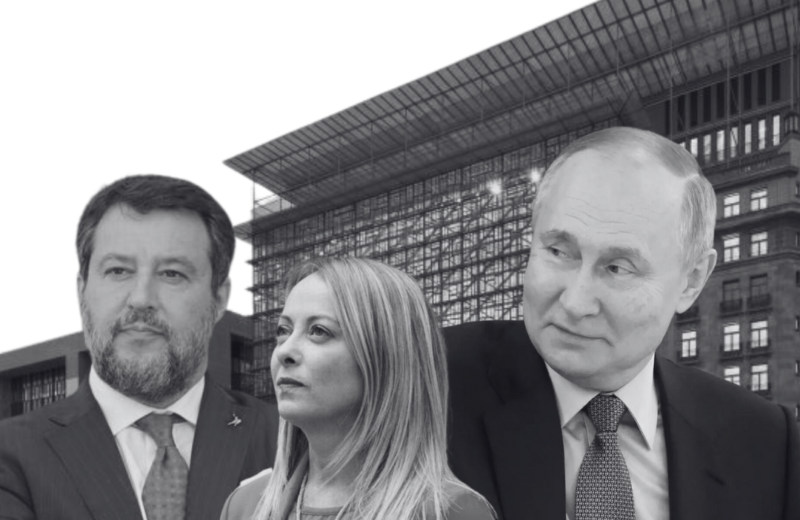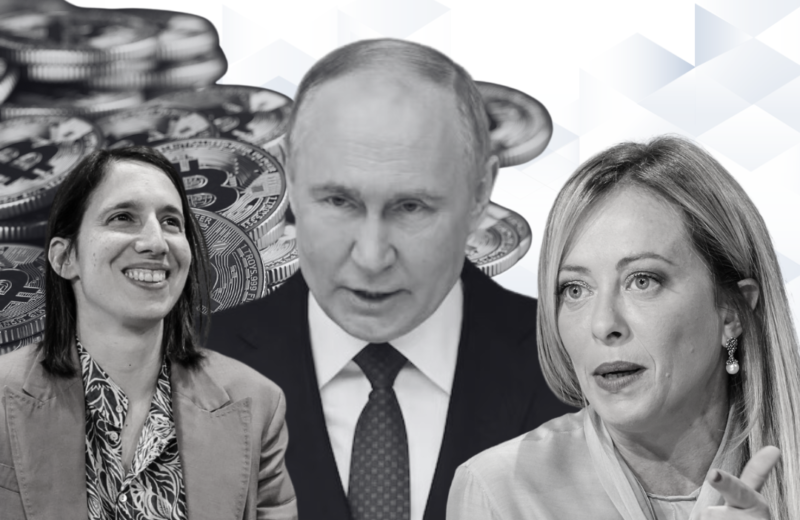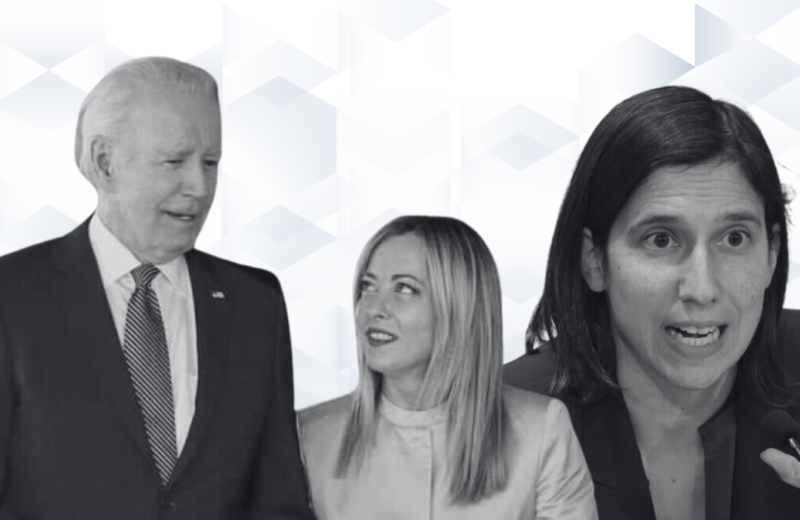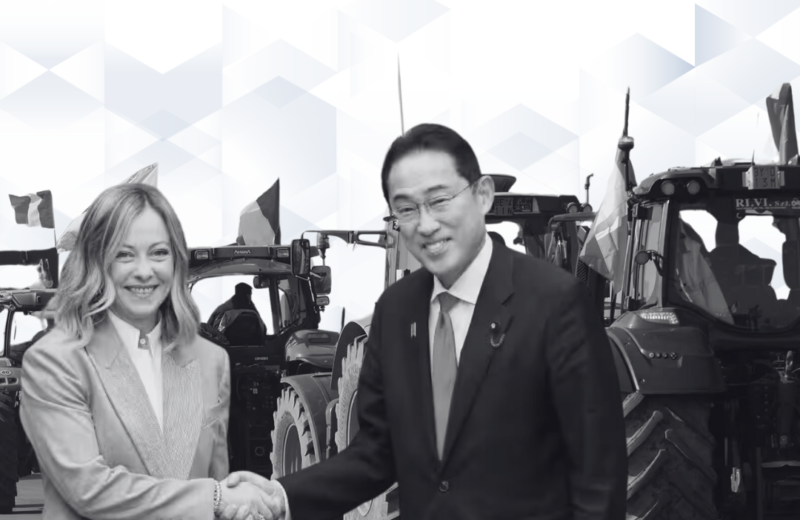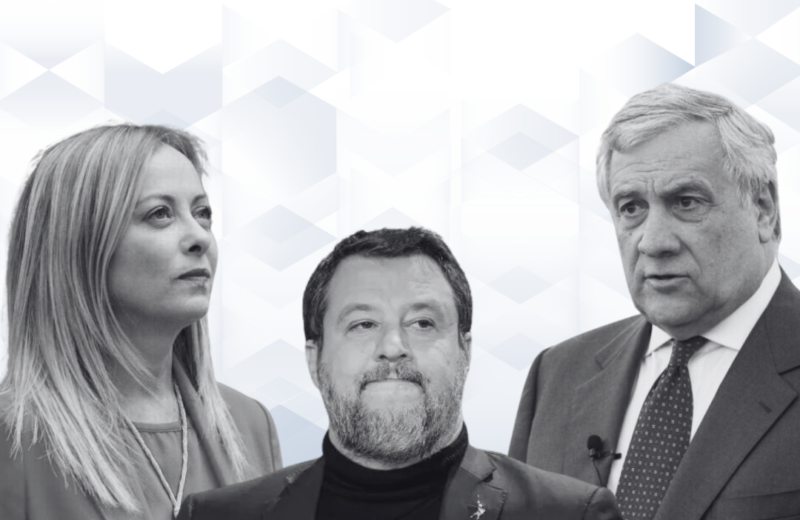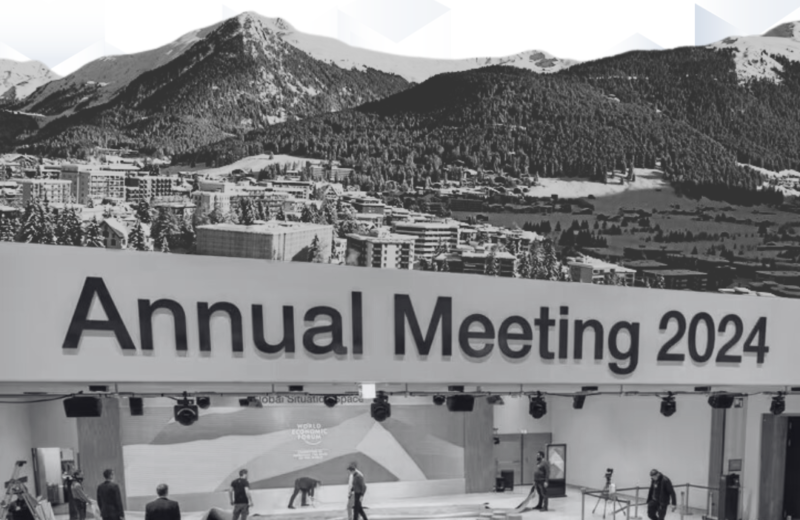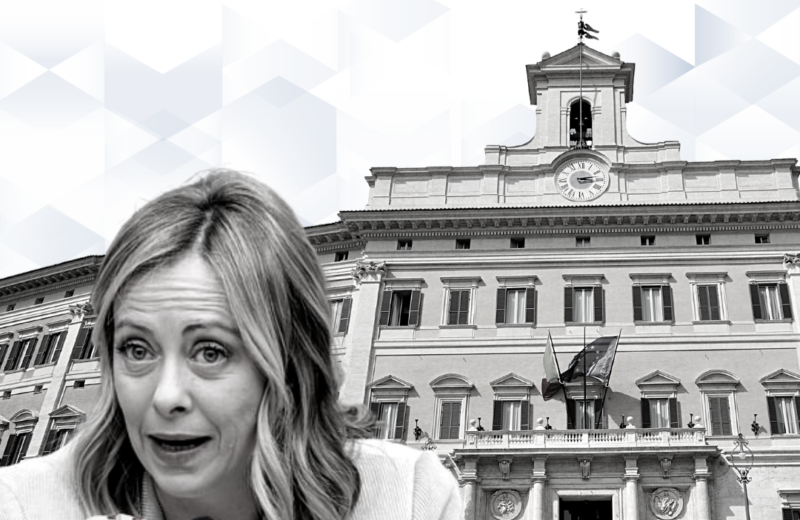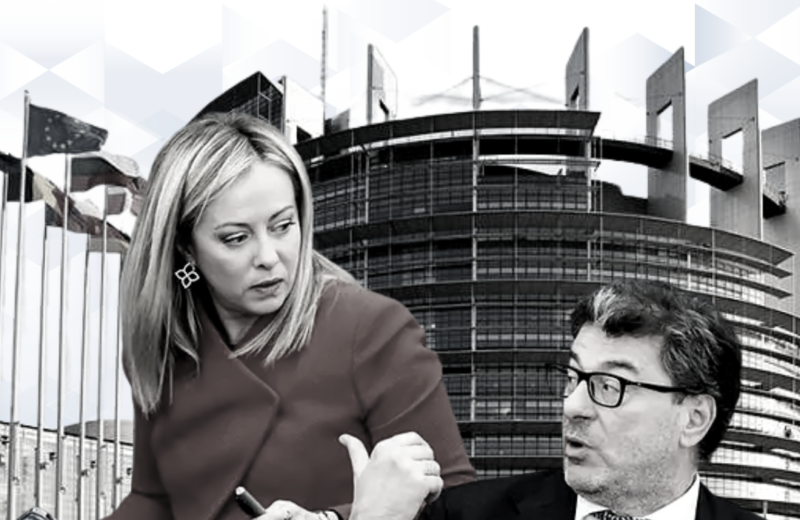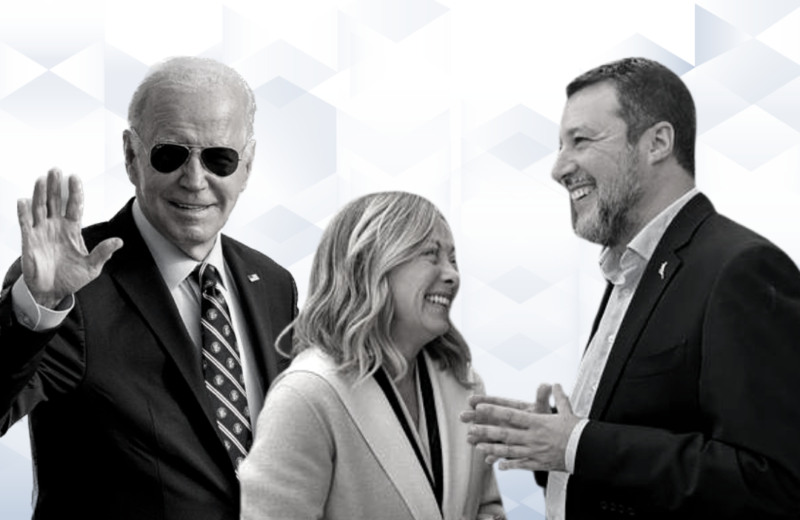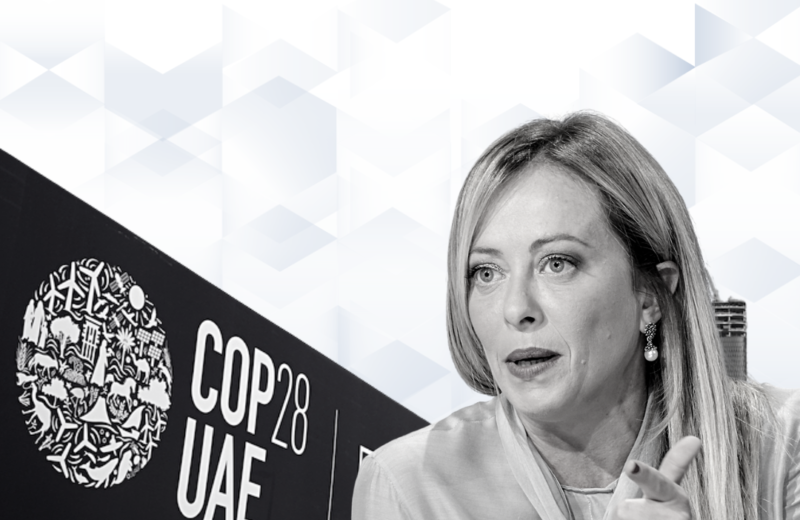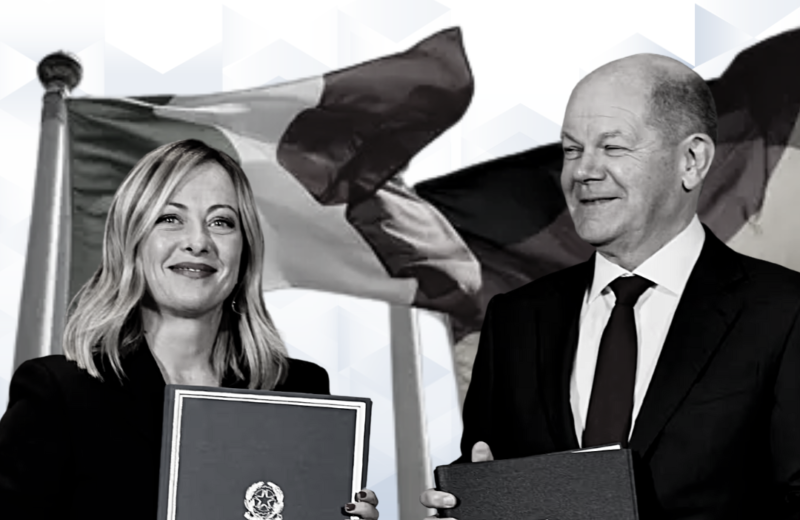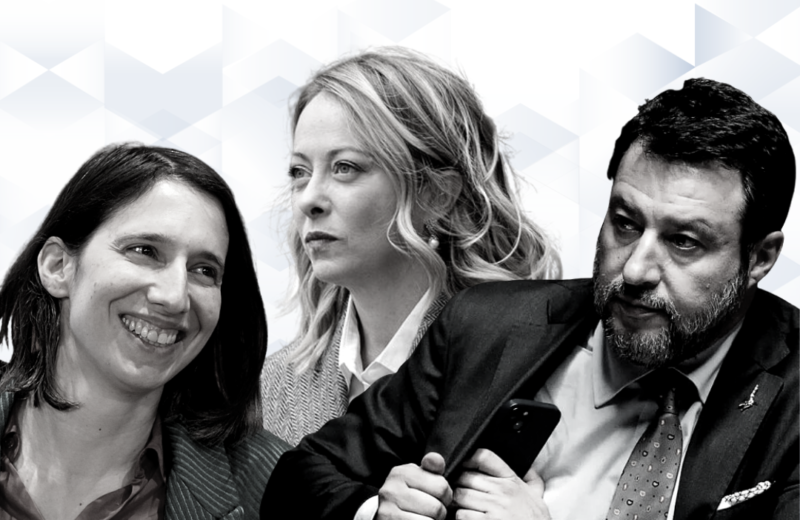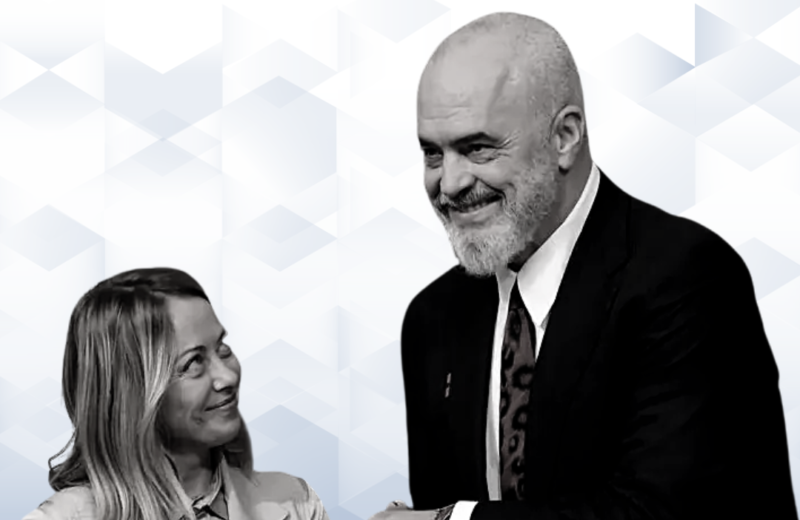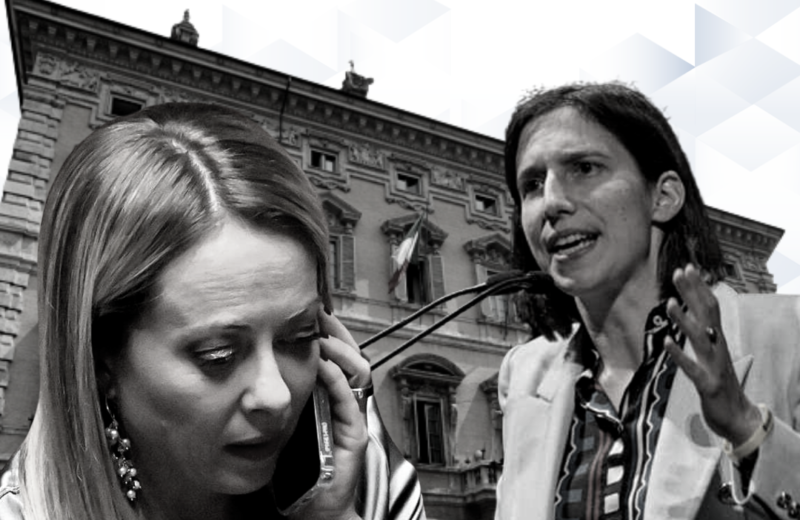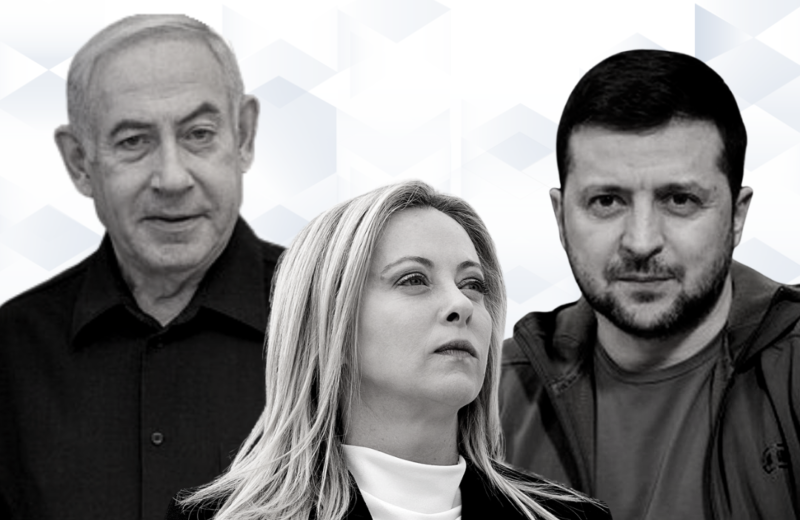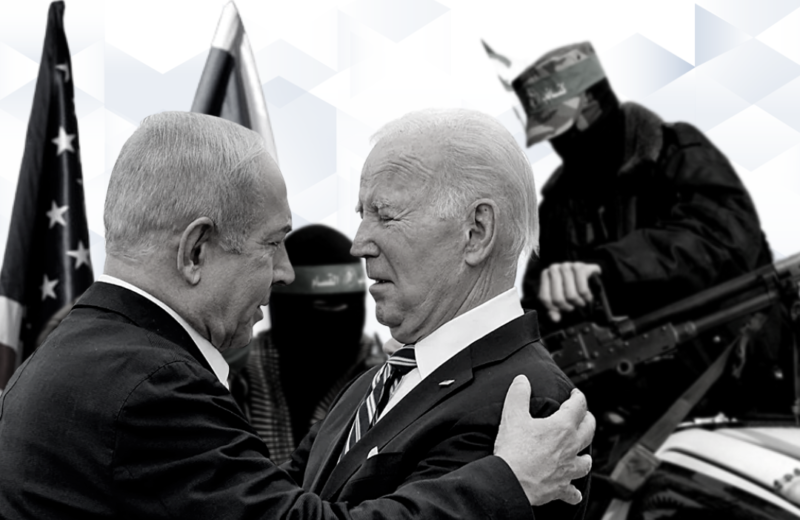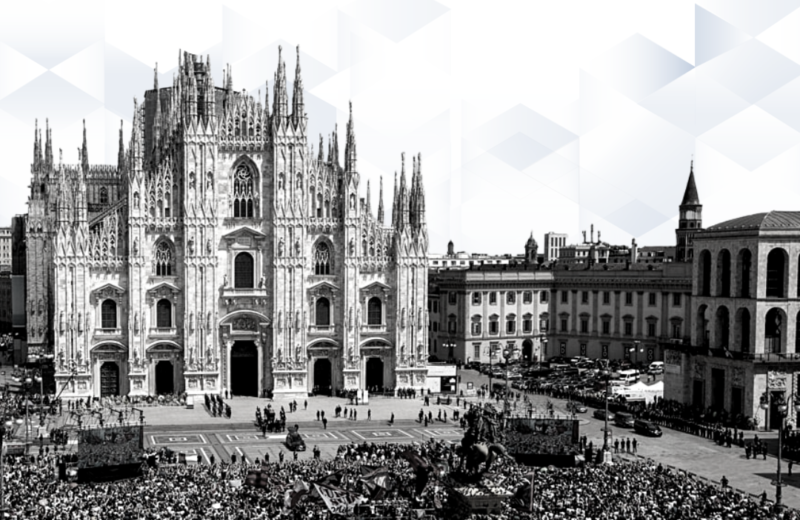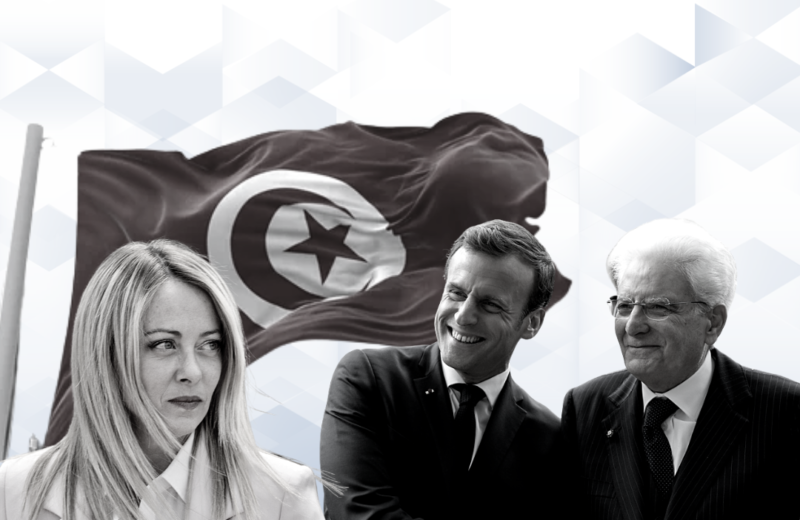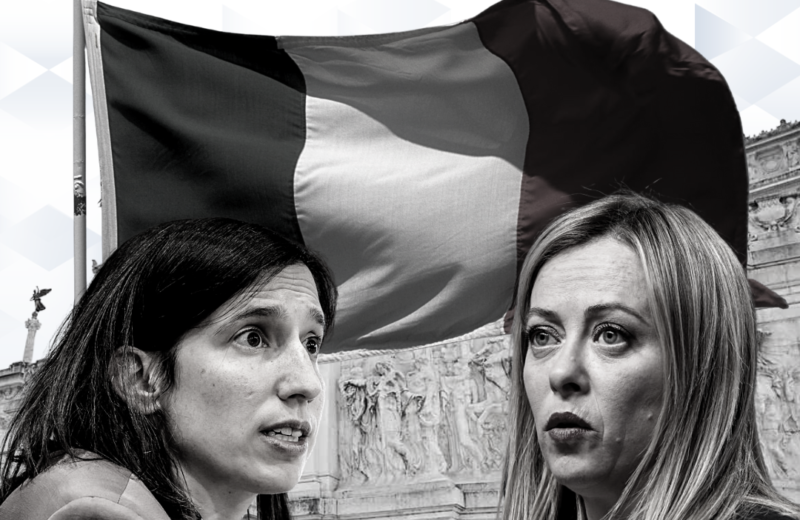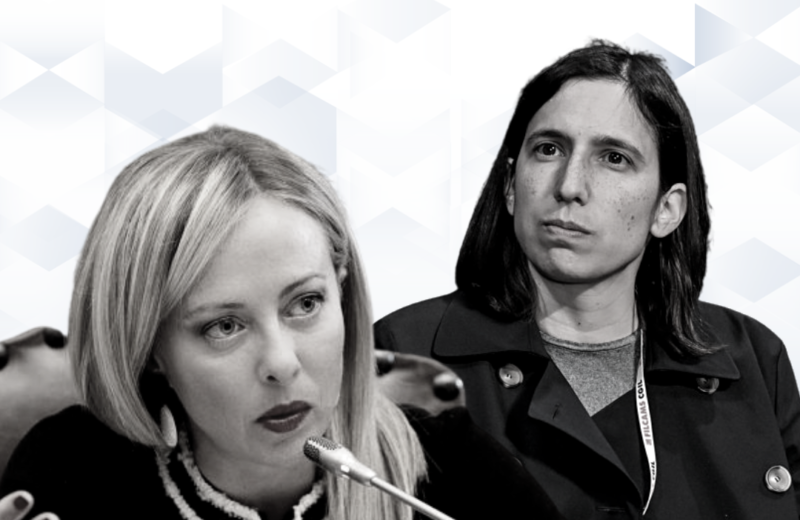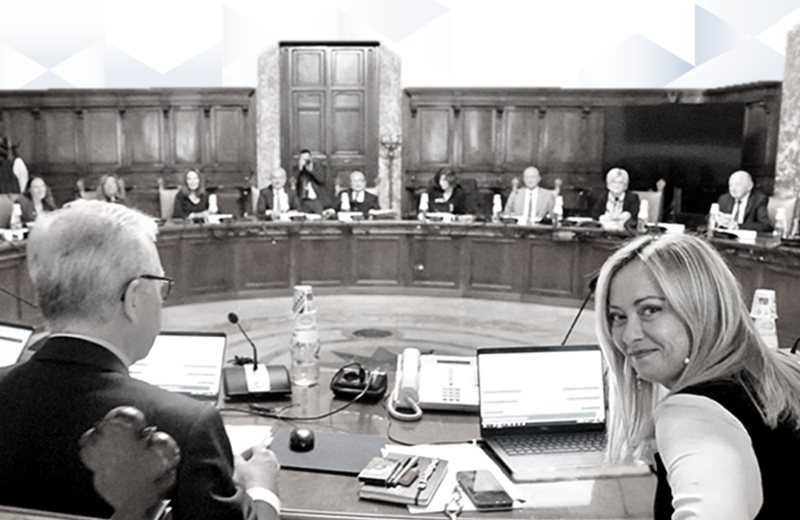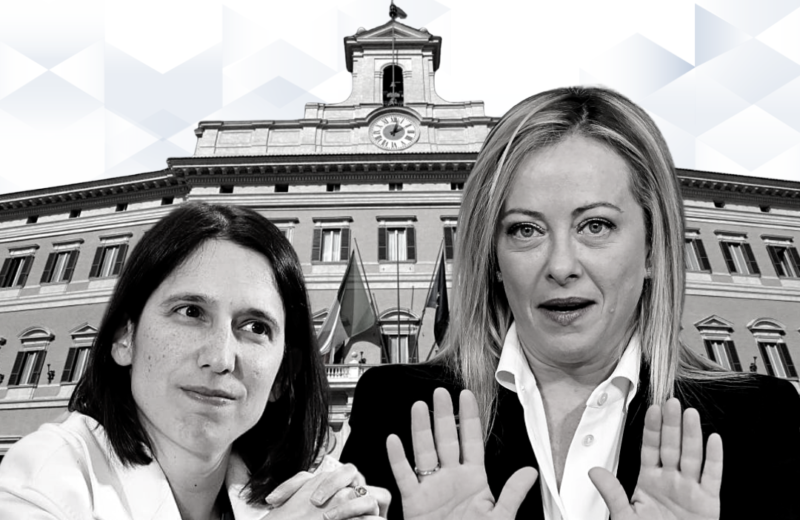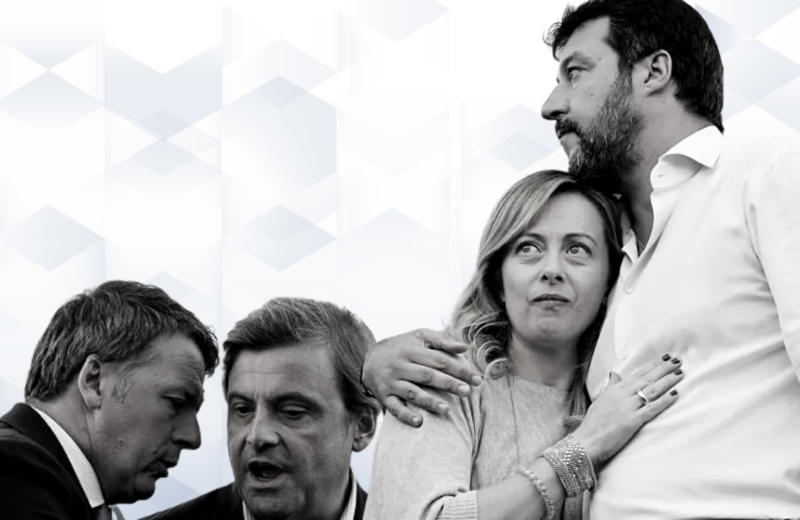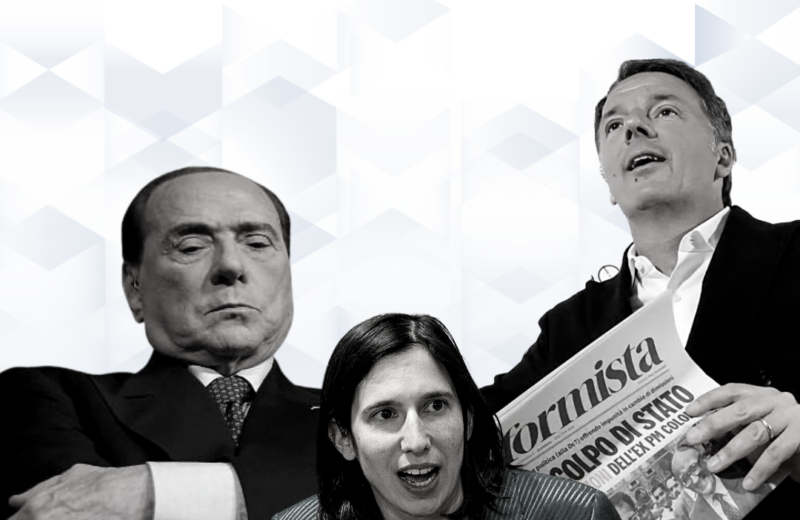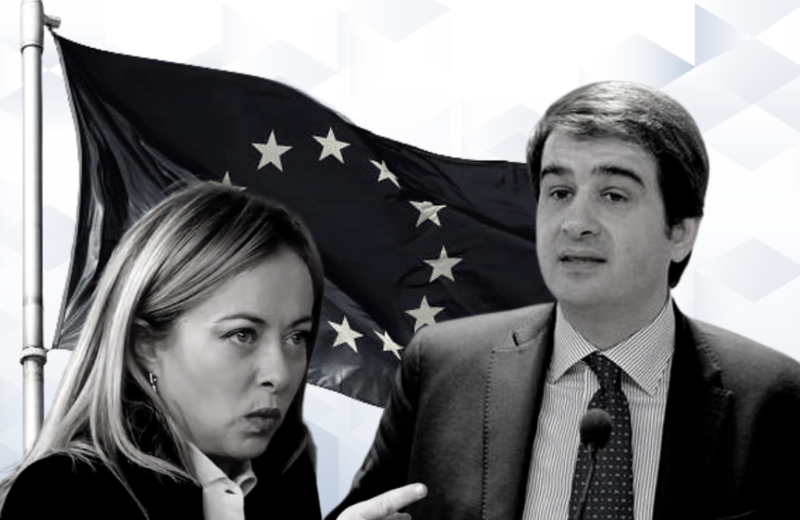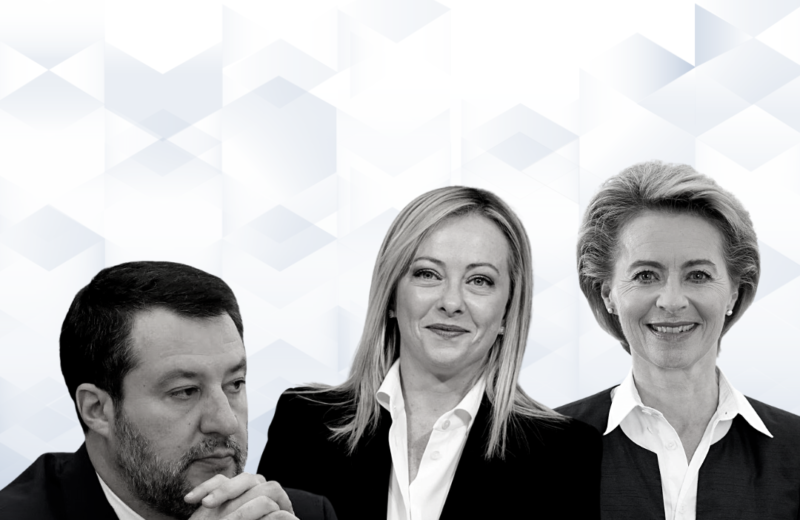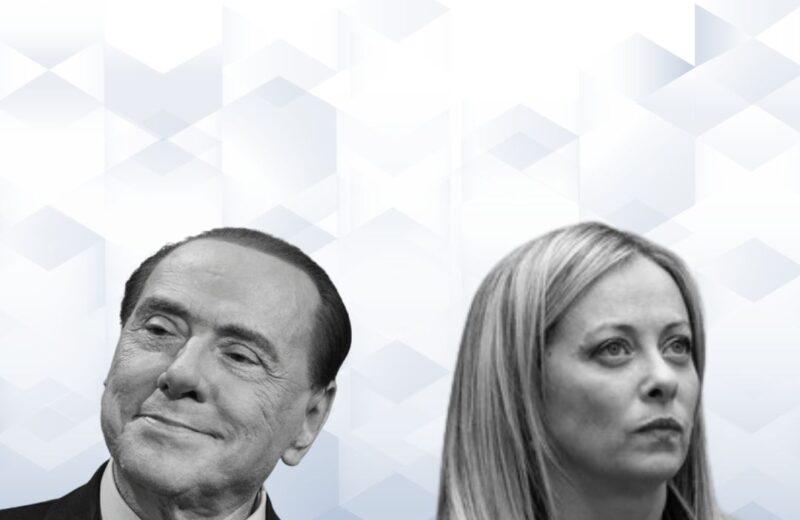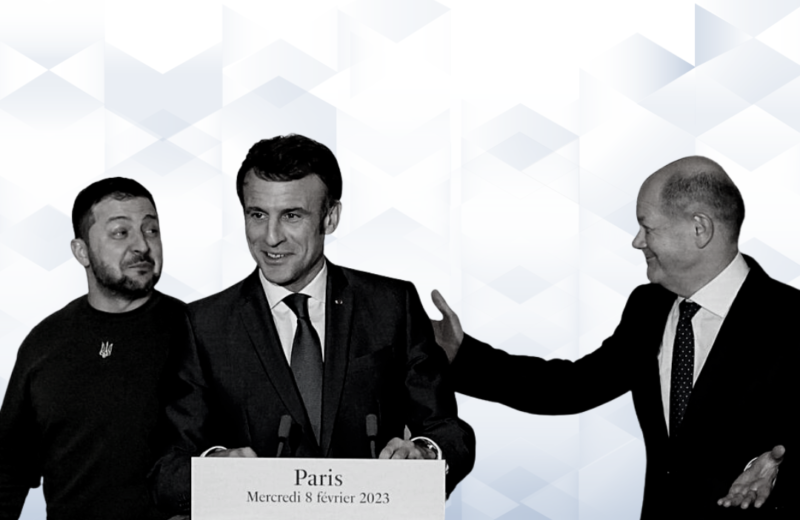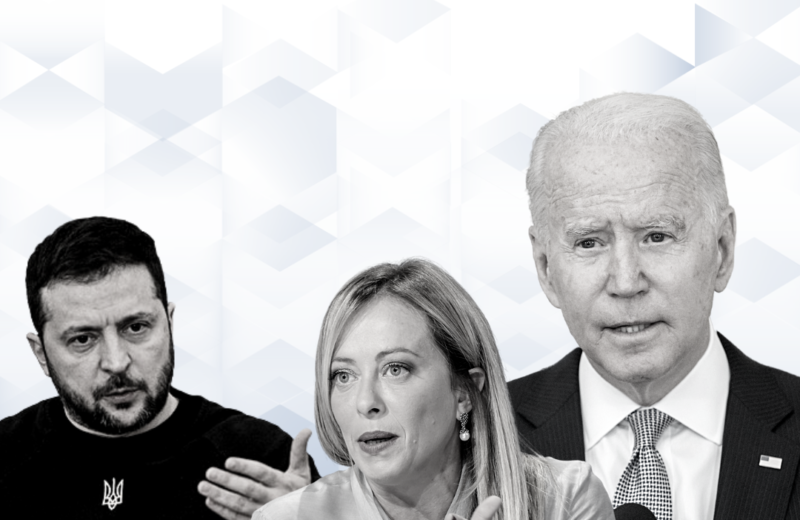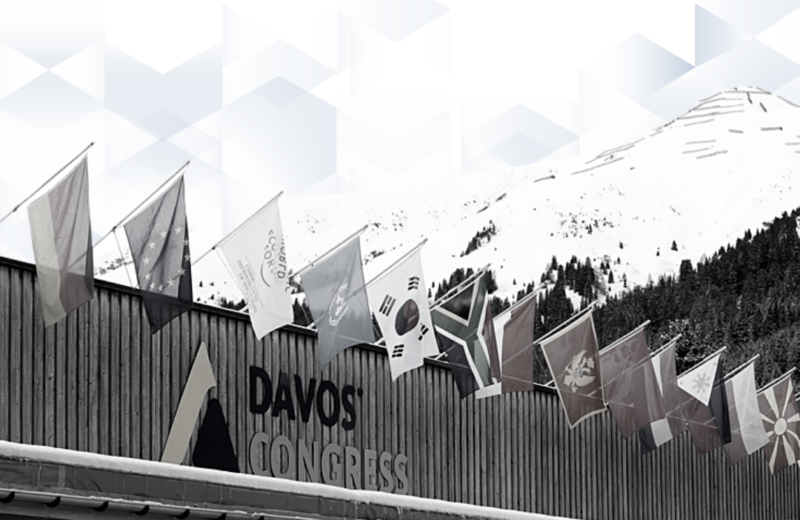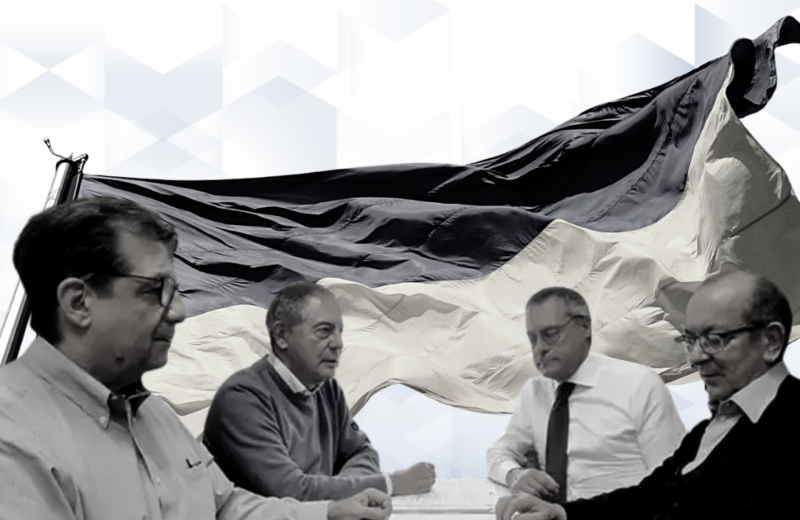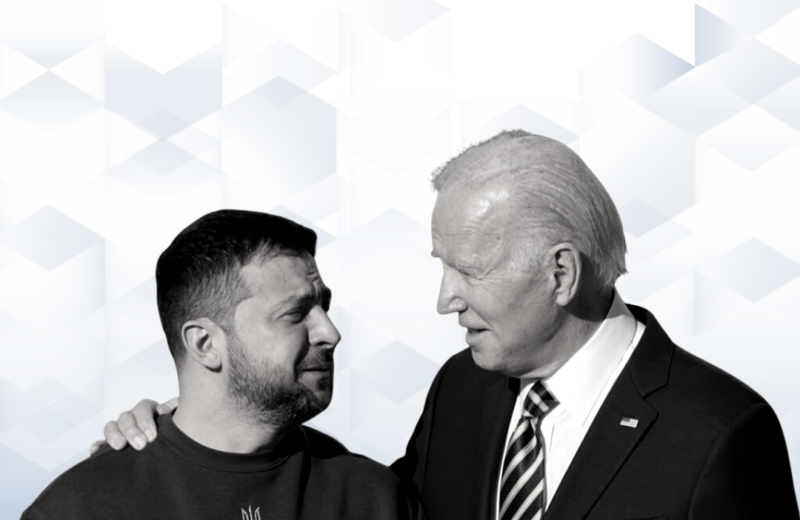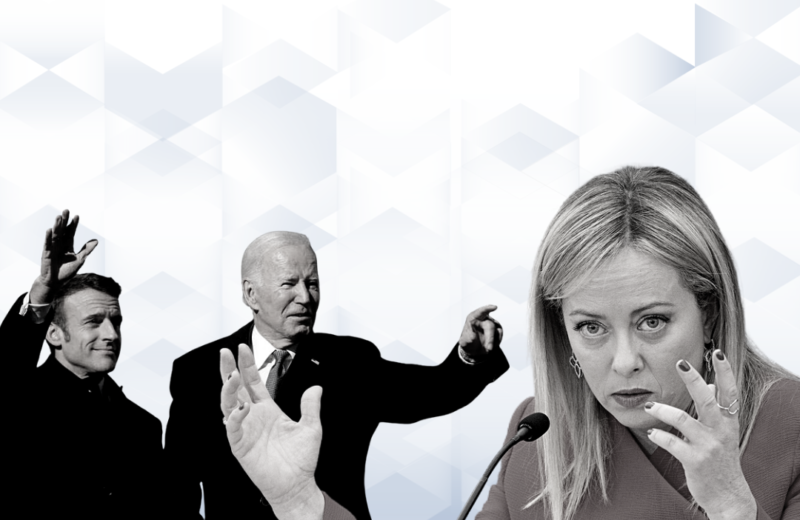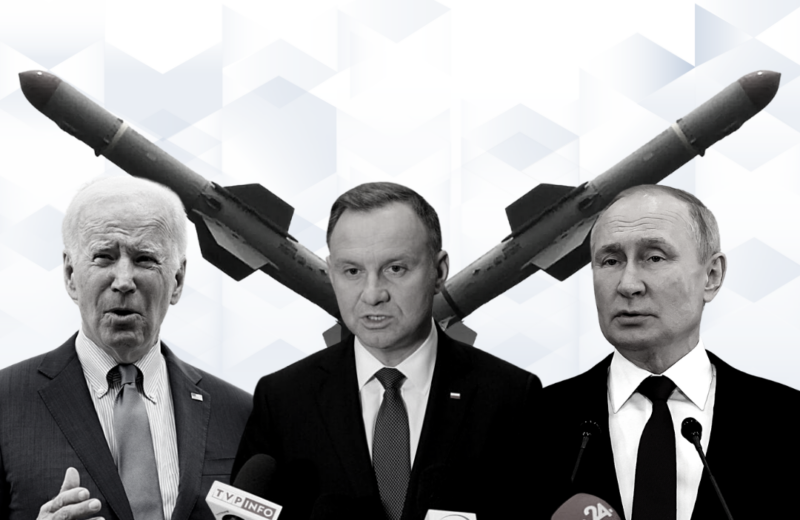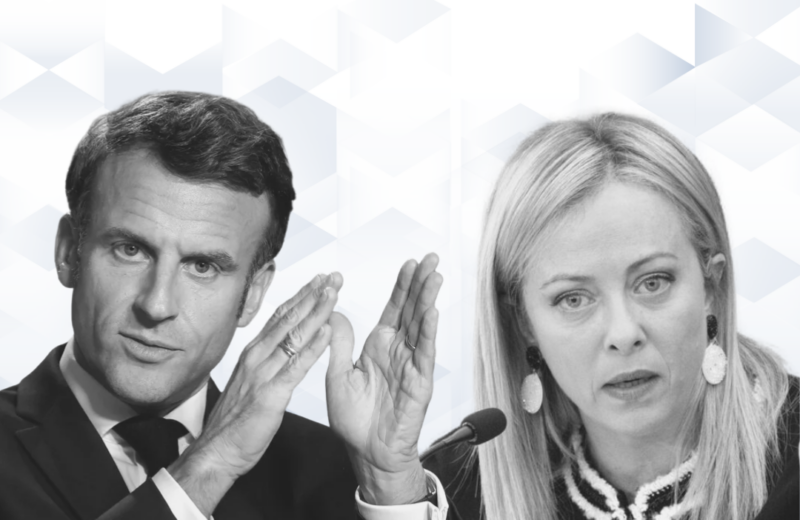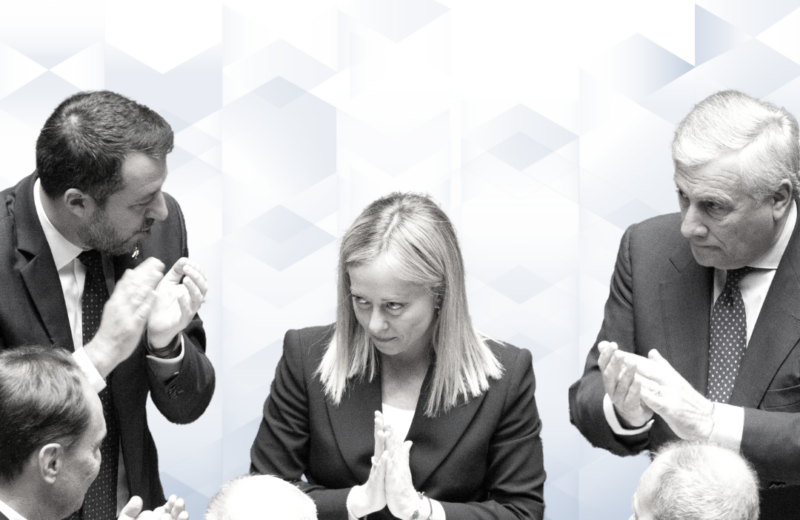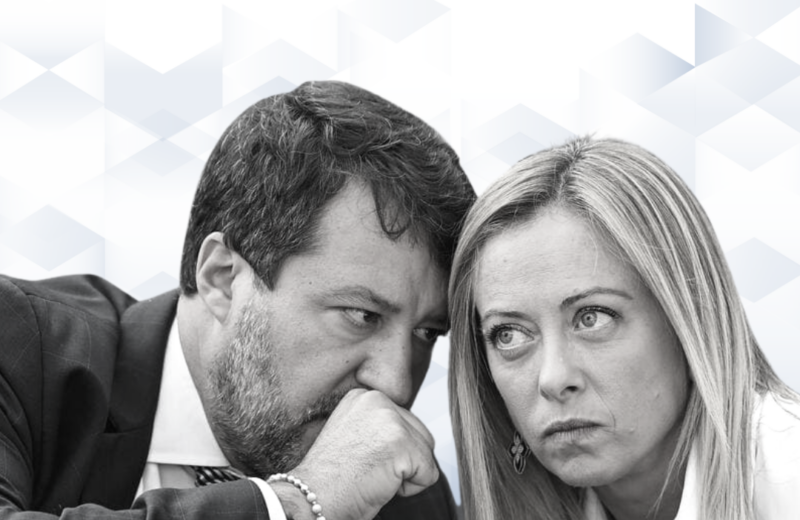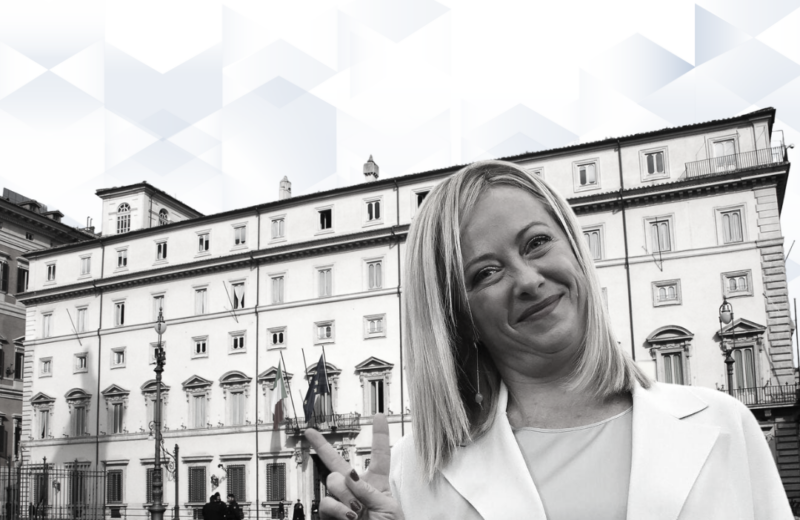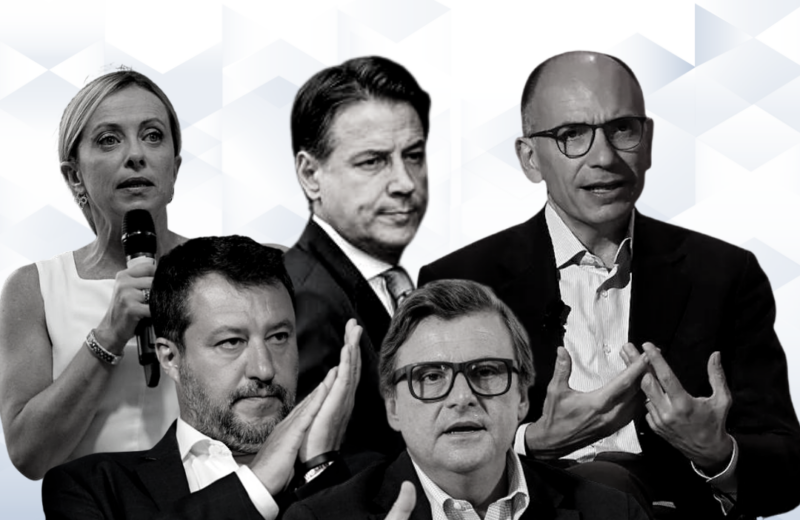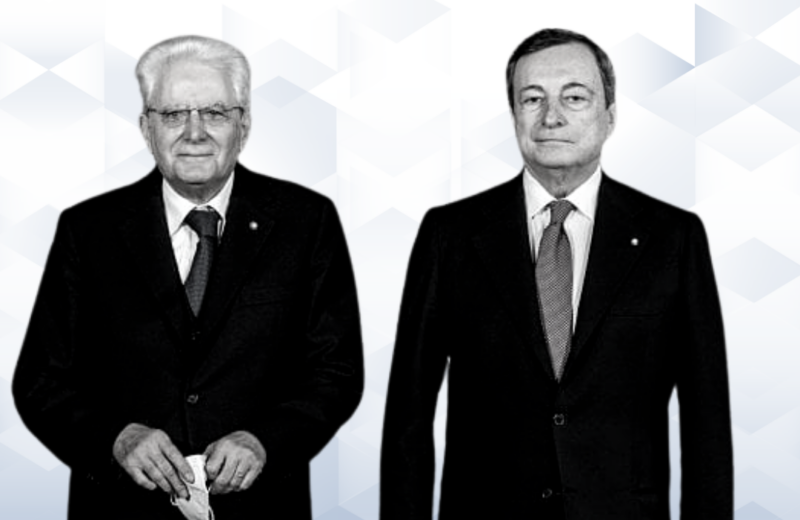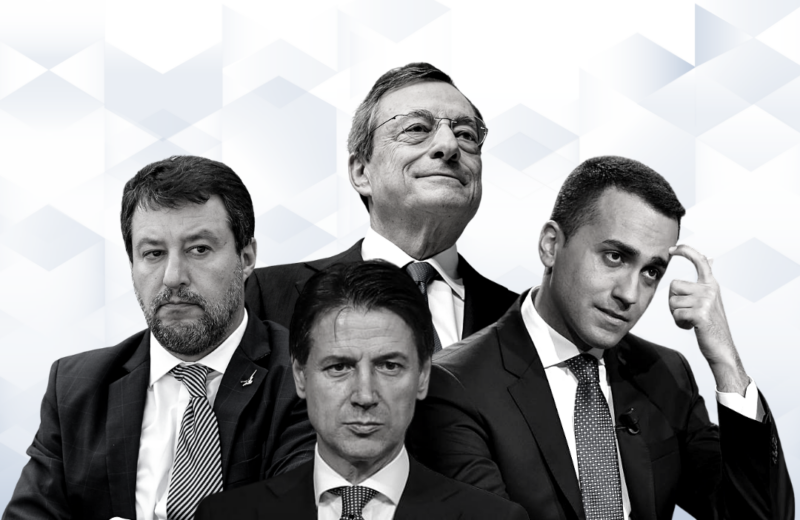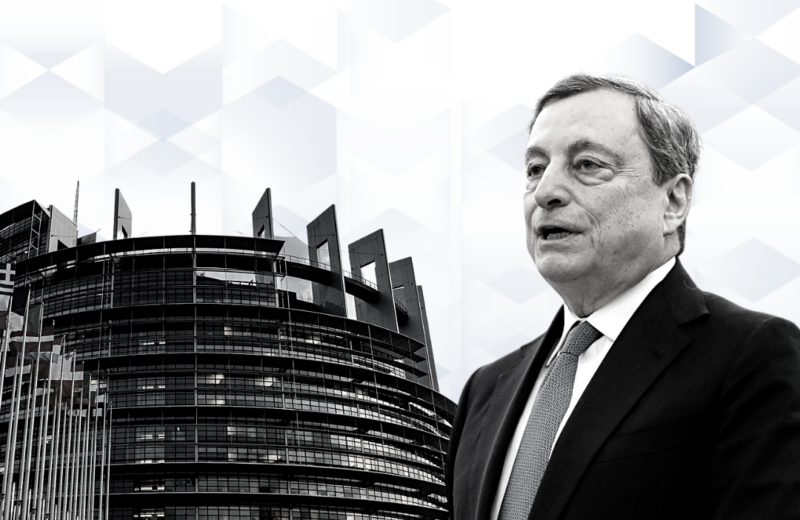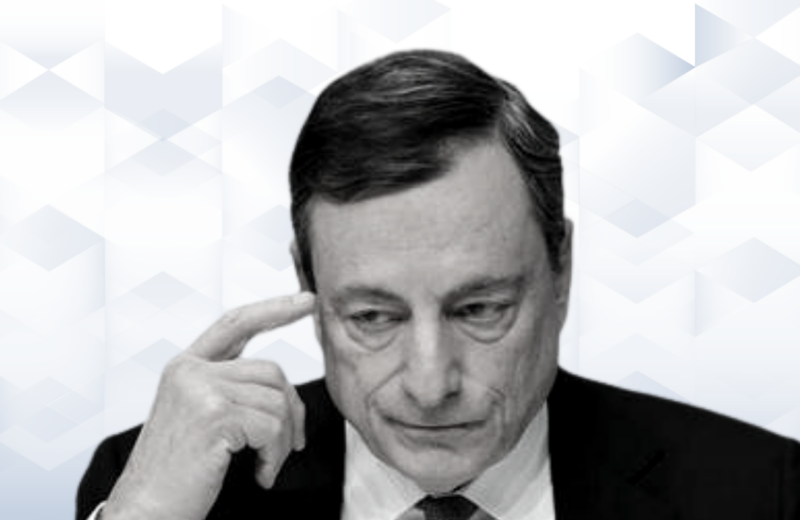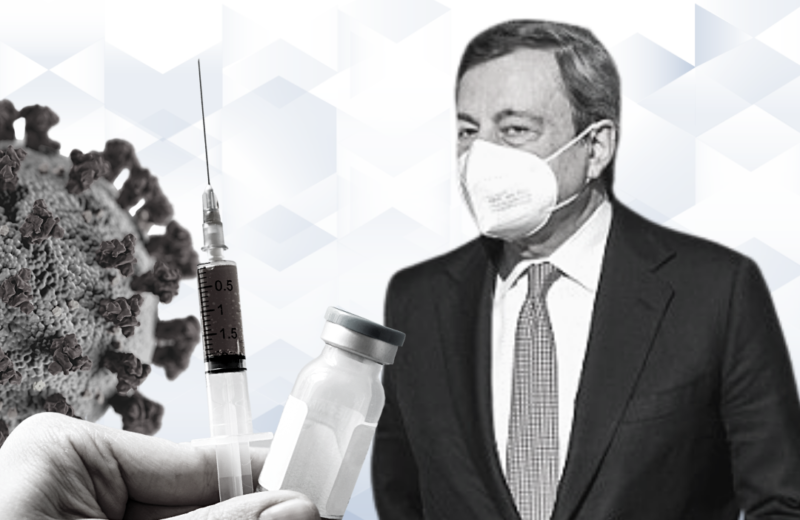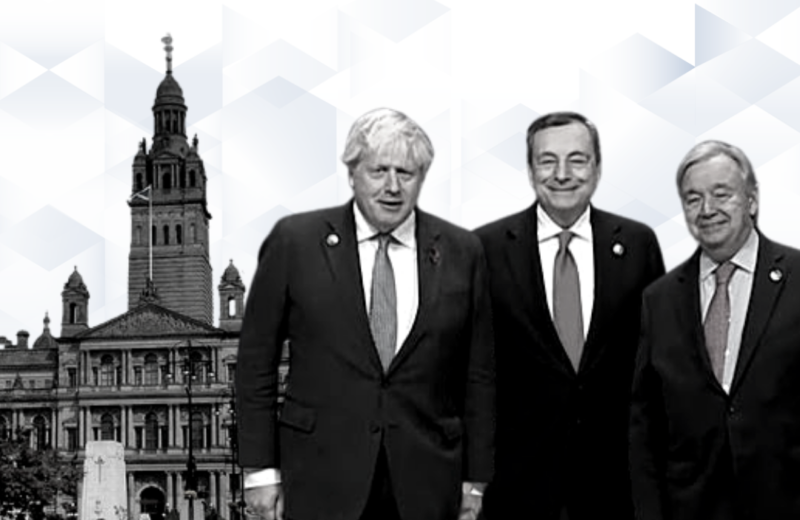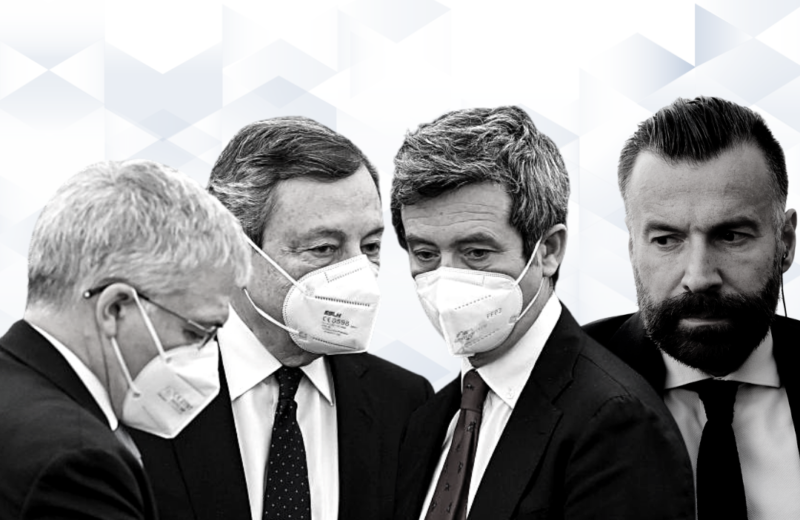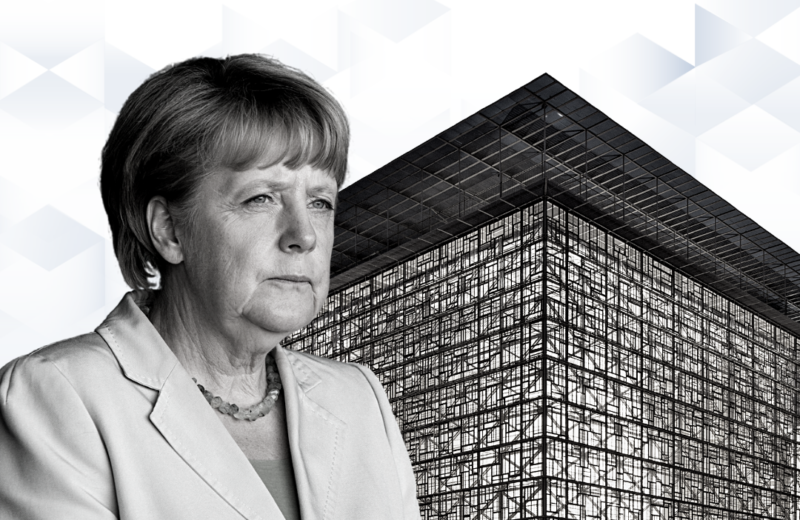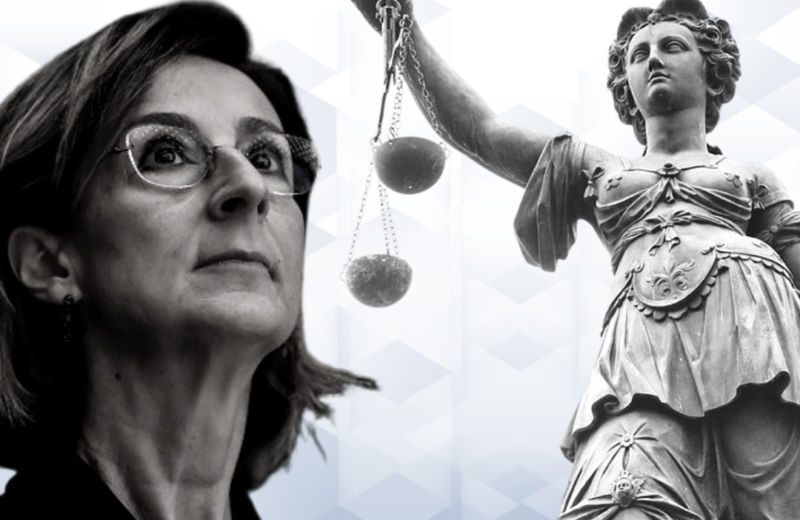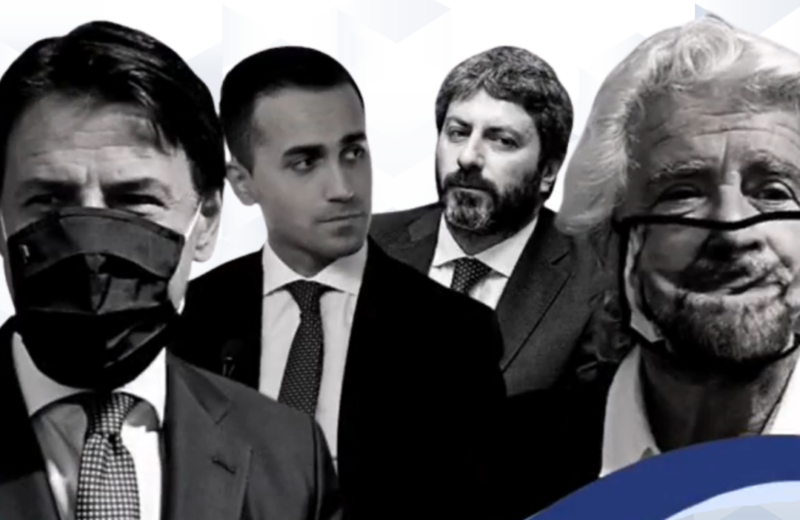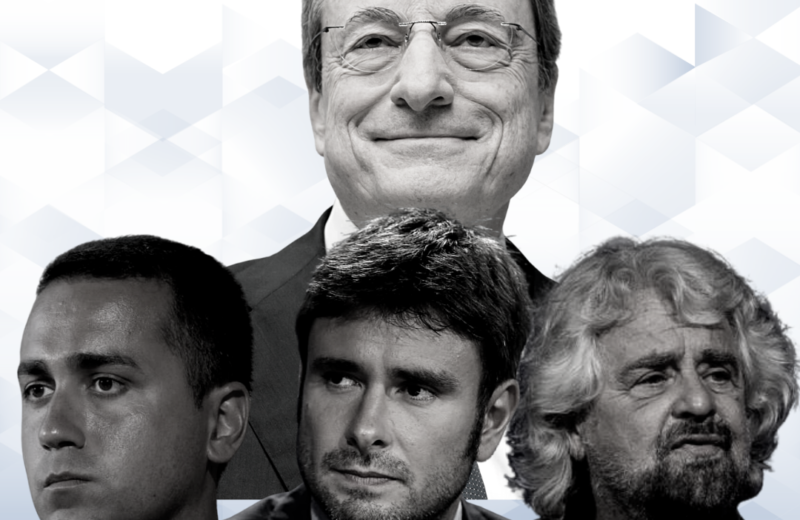End-of-year examinations
Let us start with a fact. In the last issue of Politico Eu, Giorgia Meloni was placed first among the “disrupters”, those who undermine the stability of the European project. The reasons? According to the board of the authoritative publication of reference of the EU bubble, “behind a mask of presentability”, the Italian Prime Minister lashes out against immigrants, against gender culture and political correctness, makes abortion traceable to a culture of death, launches invectives against the Islamisation of Europe and defines the supporters of Black Lives Matter as “barbarians”. This is certainly not a flattering remark, denoting a reputational gap in the eyes of the European establishment. Certainly the French propaganda is not helping Meloni to enter the category of “doers”, in which Lagarde and, surprisingly, Erdogan and Marine Le Pen have been included by Politico. Indeed, relations with Macron are not idyllic at the moment: the migrant issue, despite openings and steps back on both sides with Mattarella’s mediation, continues to generate misunderstandings. The last one just on Friday, with Meloni’s refusal to go to the Eu Med-9 summit in Alicante, perhaps because of Macron’s unwillingness for a bilateral with Italy, but officially because of flu.
These are signs that Meloni will have to work on in order to readjust relations with Brussels, also with a view to future negotiations on the amendment of the NRRP. A test on these relations could be the examination of the Budget Law by the EU Commission, underway in these days. On some sensitive points presumable distances have emerged, primarily on the cash ceiling. Indeed, the raising of cash to EUR 5,000 is worrying, considering the VAT evasion ranking drawn up by the Commission itself, which sees Italy in first place. And there are those who are ready to bet that Bankitalia‘s negative remarks on the budget measure are only the prelude to rejection by Brussels. It will be necessary to wait until next week to find out. However, various sources assure that the government is in full agreement with the EU Council’s decision to set a reasonable ceiling on cash as an anti-money laundering measure. Moreover, although the threshold envisaged by the Council is EUR 10,000, at present the Italian government intends to set it at EUR 5,000.
On the domestic front, however, the majority is facing the next tests. First of all, with the approval of the Budget Law, which goes through the evaluation of the amendments and then the first trade union strike called by CGIL and UIL in many years, the hard opposition of the M5S and the tensions between Lega and Forza Italia, ultimately on the issue of minimum pensions. Then there is the “electoral” test, the regional elections in Lazio and Lombardy. Two regions that together account for around 33% of Italy’s GDP. The dates are set: 12 and 13 February. The alignments, however, are not yet. On the left, the PD is struggling with the upcoming congress that should decide the new Secretary between Elly Schlein, more radical, and Stefano Bonaccini, more conservative. Although the question of names does not seem to completely resolve the most important issue, that of identity. Perhaps it is still too early to say, but at the moment the PD is also very divided on the issue of alliances, starting with that with Giuseppe Conte’s M5S, which is already identifying its candidates to run alone. Its undeclared objective seems increasingly evident: to overtake the PD. Terzo Polo continues its dialogue with the majority, but indiscretions published by the Foglio this week revealed a lack of trust on the part of Meloni in Renzi. What is certain, however, is the compact deployment of the centre-right for the elections. And there are also the candidates: Attilio Fontana for Lombardy and, most likely, Nicola Procaccini, Meloni’s man, for Lazio.
Meanwhile, international tension shows no signs of abating. While the Russian bombing of Ukrainian energy infrastructure continues non-stop, President Vladimir Putin hinted in a public speech that the invasion of Ukraine could go on for much longer. In his speech, Putin wanted to emphasise that despite numerous failures on the ground and international isolation, Russia is not willing to back down from its military and strategic objectives. On the Ukrainian front, in conclusion, there do not seem to be any positive notes except for the choice made by the US Time magazine to nominate Ukrainian President Volodymyr Zelensky as person of the year.
There doesn’t seem to be any improvement on the Iranian front either, where protests against the regime have been going on for more than three months and are becoming more violent and widespread day by day. On Thursday, the Iranian government announced that it had carried out the first death sentence on a protester for his involvement in anti-regime protests. The international confusion over the possible abolition of the religious police in Iran has been going on for several days. The same police that was in charge of enforcing the strict rules of morality and decorum in force in the country and the same one that is accused of having killed Mahsa Amini, initiating the riots. Its actual abolition, while certainly representing an important first achievement of the Iranians in revolt, may not be enough to placate the protesters, who over the last few weeks have broadened their objectives by demanding the end of the regime and the establishment of a democratic system.
